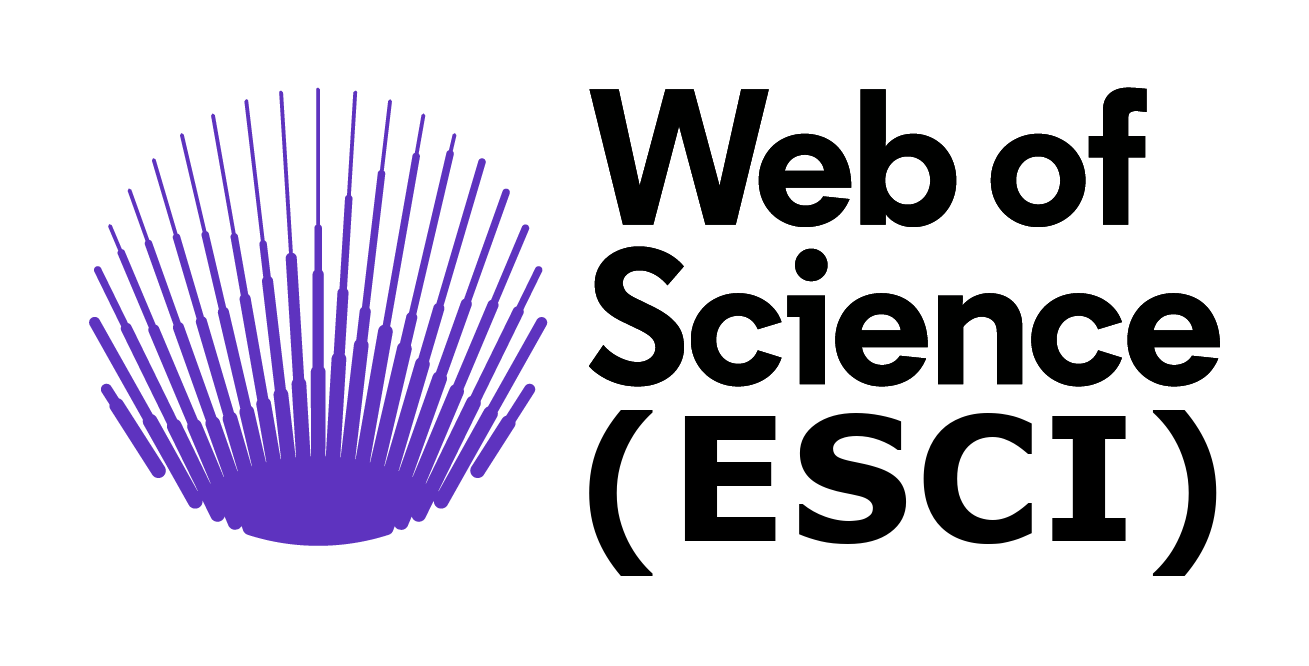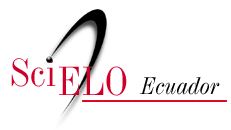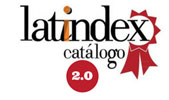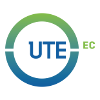Third-party management in software development: proposal of a methodology
DOI:
https://doi.org/10.29019/enfoque.v11n2.621Keywords:
Third party management, outsourcing, software acquisitionAbstract
Outsourcing allows organizations to reduce costs, optimize the use of resources, provide added value in services and goods, and concentrate on achieving the strategic objectives of the business. However, many software projects have failed due to the lack of knowledge of the factors involved in its planning. Some of these elements are poor communication with the supplier, weak monitoring of the status of tasks, lack of active participation of users and stakeholders at all stages of the process, and software quality assurance. Consequently, this research aims to aid the management of the outsourcing process and proposes a methodology for its management during system development. The methodology comprises 7 phases, each one with its inputs, tasks, and outputs, which are used by the following stages. In summary, it synthesizes the best practices for the management of third parties.
Downloads
References
Erazo-Paruma, L. R., Guerrero-Mera, G. L., & Correa-Pino, F. J. (2014). Método para la adquisición de software en pequeñas organizaciones. Revista UIS Ingenierías, 13 (1): 33-46.
Franceschini, F., Galetto, M., Pignatelli, A. & Varetto, M. (2003). Outsourcing: guidelines for a structured approach. Benchmarking: An International Journal, 10 (3): 246-260.
Grossi, L., & Calvo-Manzano, J. A. (2012). Mejora de procesos en el ámbito de adquisición: Un modelo de decisión para la selección de Proveedores de TI. CISTI (Iberian Conference on Information Systems & Technologies / Conferência Ibérica de Sistemas E Tecnologias de Informação) Proceedings: 483-488.
IEEE Computer Society. (2014). {SWEBOK}, Guide to the Software Engineering Body of Knowledge. Retrieved from, https://www.computer.org/web/swebok
Mendoza, L. E., Pérez, M. A., Grimán, A., & Rojas, T. (2002). Algoritmo para la Evaluación de la Calidad Sistémica del Software. In {Proceedings of Second Ibero-American Symposium on Software Engineering and Knowledge Engineering (JIISIC’02), Salvador, Brasil}, Octubre, 2002 (85-96).
Nunez-Sanchez Y., G.-T. A. & U.-B. A. (2019). Methodology for the management of outsourcing in software development processes. In 2019 International Conference on Information Systems and Computer Science (INCISCOS).
Perunović, Z., & Pedersen, J. L. (2007). Outsourcing process and theories. In Proceedings of the Eighteenth Annual Conference (POMS), 4 a 7 de mayo, Dallas, Texas, 2007 (Vol. 3).
Project Management Institute, I. (2013). Guía de los fundamentos para la dirección de proyectos (guía del {PMBOK}®) (quinta). Project Management Institute, Inc.
Selleo. (2016a). A Practical Guide to Outsourcing Your Software Development. Retrieved from http://selleo.com/wp-content/uploads/2014/08/software-outsourcing-guide.pdf
Selleo. (2016b). A Practical Guide to Outsourcing Your Software Development.
Whang, S. (1992). Contracting for Software Development. Management Science, 38 (3): 307-324. https://doi.org/10.1287/mnsc.38.3.307
Published
How to Cite
Issue
Section
License
Copyright (c) 2020 Enfoque UTE

This work is licensed under a Creative Commons Attribution 3.0 Unported License.
The articles and research published by the UTE University are carried out under the Open Access regime in electronic format. This means that all content is freely available without charge to the user or his/her institution. Users are allowed to read, download, copy, distribute, print, search, or link to the full texts of the articles, or use them for any other lawful purpose, without asking prior permission from the publisher or the author. This is in accordance with the BOAI definition of open access. By submitting an article to any of the scientific journals of the UTE University, the author or authors accept these conditions.
The UTE applies the Creative Commons Attribution (CC-BY) license to articles in its scientific journals. Under this open access license, as an author you agree that anyone may reuse your article in whole or in part for any purpose, free of charge, including commercial purposes. Anyone can copy, distribute or reuse the content as long as the author and original source are correctly cited. This facilitates freedom of reuse and also ensures that content can be extracted without barriers for research needs.
This work is licensed under a Creative Commons Attribution 3.0 International (CC BY 3.0).
The Enfoque UTE journal guarantees and declares that authors always retain all copyrights and full publishing rights without restrictions [© The Author(s)]. Acknowledgment (BY): Any exploitation of the work is allowed, including a commercial purpose, as well as the creation of derivative works, the distribution of which is also allowed without any restriction.























 Enfoque UTE - Facultad de Ciencias de la Ingeniería e Industrias - Universidad UTE
Enfoque UTE - Facultad de Ciencias de la Ingeniería e Industrias - Universidad UTE